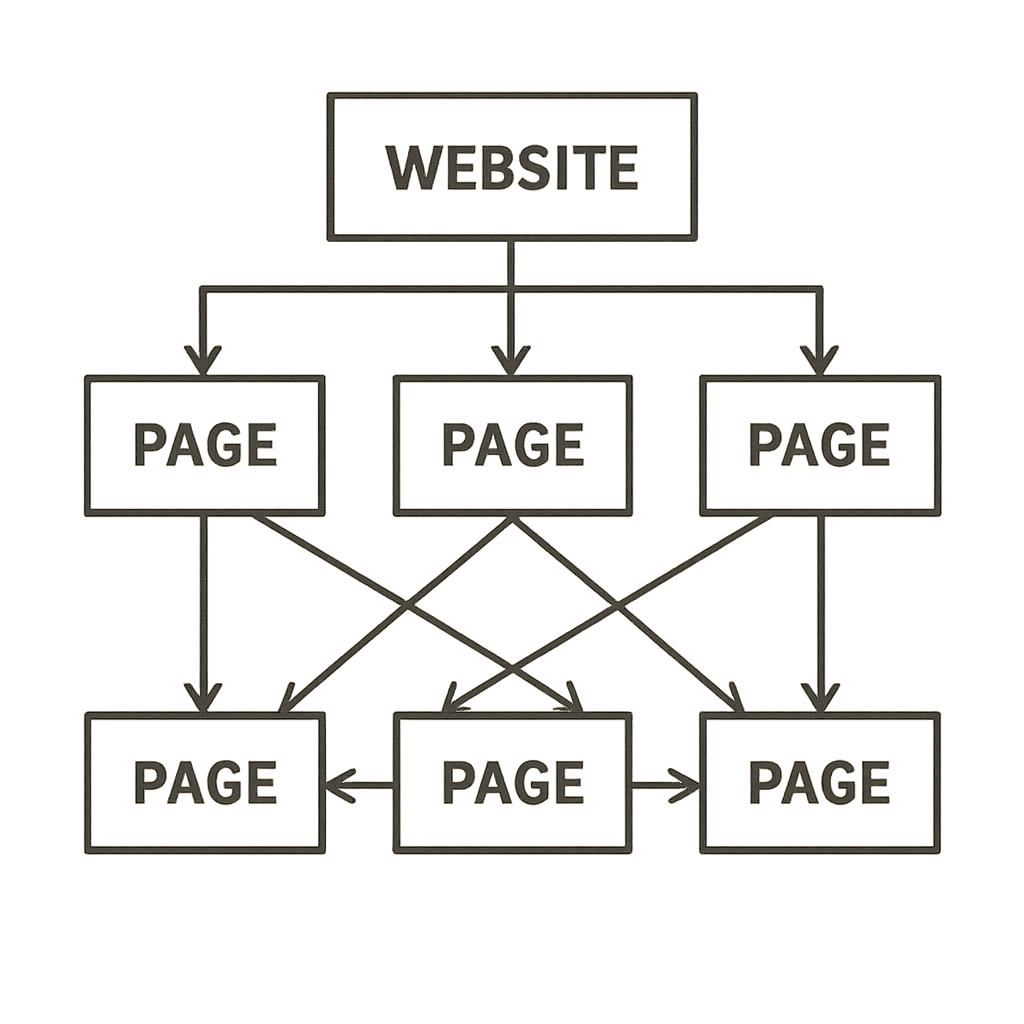In the modern workplace, conflicts are inevitable. They can arise from various sources, such as miscommunication, personality clashes, or differing views on business decisions.
When left unresolved, these conflicts can escalate, leading to a toxic work environment. This can negatively impact productivity, employee morale, and even the company’s bottom line.
Workplace mediation services offer a solution to this problem. They provide a structured process for resolving disputes in a confidential, impartial, and voluntary manner.
Through mediation, parties can openly express their concerns, explore underlying issues, and collaboratively develop mutually acceptable solutions. This process not only resolves the immediate conflict but also equips individuals with the skills to handle future disagreements.

In this article, we will delve into the benefits of workplace mediation services. We will also discuss the importance of mediation training and the role it plays in fostering a harmonious work environment.
Whether you’re a business owner, HR professional, or an employee, this article will provide valuable insights into the strategic value of workplace mediation.
Understanding Workplace Mediation
Workplace mediation is a form of alternative dispute resolution. It is a voluntary and confidential process where a neutral third party, known as a mediator, facilitates a conversation between parties in conflict.
The goal of workplace mediation is not to determine who is right or wrong. Instead, it aims to help parties understand each other’s perspectives, identify common ground, and collaboratively develop a resolution that satisfies everyone involved.
Workplace mediation can be used to address a wide range of conflicts. These can include disagreements over work assignments, interpersonal conflicts, or issues related to discrimination or harassment.
By addressing conflicts promptly and constructively, workplace mediation can help maintain a positive work environment. It can also prevent minor disagreements from escalating into major disputes that could disrupt the workplace and potentially lead to costly litigation.
The Role of a Mediator
A mediator plays a crucial role in the mediation process. They are not there to take sides, make judgments, or impose solutions.
Instead, their role is to facilitate open and respectful communication between the parties. They guide the conversation, help clarify issues, and assist the parties in generating and evaluating potential solutions.

The Mediation Process
The mediation process typically involves several stages. It begins with the mediator explaining the process and establishing ground rules to ensure a respectful and productive discussion.
Next, each party has the opportunity to share their perspective on the conflict. The mediator may ask questions to clarify issues and promote understanding.
The following steps are usually involved:
- Identifying the issues: The mediator helps the parties identify the key issues that need to be addressed.
- Generating solutions: The parties brainstorm potential solutions, with the mediator facilitating the discussion.
- Evaluating solutions: The parties evaluate the proposed solutions and negotiate a mutually acceptable resolution.
- Documenting the agreement: The agreed resolution is documented in a mediation agreement, which the parties commit to uphold.
The process is flexible and can be adapted to suit the specific needs and circumstances of the parties involved.
Key Benefits of Workplace Mediation Services
Workplace mediation services offer numerous benefits for organizations. One of the most significant advantages is the potential for reduced litigation costs.
When conflicts escalate to the point of legal action, the financial implications can be substantial. Legal fees, court costs, and potential settlements or judgments can quickly add up.
Workplace mediation, on the other hand, is typically much less expensive. It can help resolve conflicts before they reach the point of litigation, saving organizations significant time and money.
Other key benefits of workplace mediation services include:
- Enhanced communication and collaboration
- Improved employee morale and job satisfaction
- Preservation of professional relationships
- Increased flexibility and confidentiality compared to formal litigation
- The potential for creative and customized solutions
Reduced Litigation Costs
As mentioned, one of the primary benefits of workplace mediation services is the potential for reduced litigation costs. When conflicts are addressed and resolved through mediation, it can prevent the need for costly legal action.
Not only can this save organizations money, but it can also save time. Legal proceedings can be lengthy and time-consuming, taking key personnel away from their regular duties. Mediation, on the other hand, can often resolve conflicts in a much shorter timeframe.
Enhanced Communication and Collaboration
Workplace mediation services can also enhance communication and collaboration within an organization. The mediation process encourages open and respectful dialogue, helping parties understand each other’s perspectives and find common ground.
This can lead to improved relationships and increased collaboration, which can benefit the entire organization. It can also foster a culture of open communication, where employees feel comfortable expressing their views and resolving conflicts in a constructive manner.
Improved Employee Morale and Job Satisfaction
Workplace conflicts can have a significant impact on employee morale and job satisfaction. Unresolved conflicts can create a negative work environment, leading to decreased productivity and increased turnover.
Workplace mediation services can help address and resolve conflicts in a timely and respectful manner. This can improve employee morale and job satisfaction, leading to increased productivity and reduced turnover. It can also enhance the organization’s reputation as a positive and respectful place to work.
The Importance of Mediation Training
Mediation training plays a crucial role in the effectiveness of workplace mediation services. It equips staff with the necessary skills to handle and resolve conflicts in a constructive manner.
Training can cover a range of topics, including communication skills, negotiation techniques, and understanding the mediation process. It can also provide staff with the tools to manage their emotions and remain impartial during difficult conversations.
Moreover, mediation training can foster a culture of conflict resolution within the organization. It can encourage staff to address conflicts proactively and constructively, rather than avoiding them or allowing them to escalate.
Equipping Staff with Conflict Resolution Skills
Equipping staff with conflict resolution skills is a key component of mediation training. These skills can help staff navigate difficult conversations, understand different perspectives, and find mutually beneficial solutions.
Conflict resolution skills can also help staff manage their emotions during conflicts. This can lead to more productive conversations and better outcomes for all parties involved.
Ongoing Training for HR Professionals
Ongoing training for HR professionals is also important in the context of workplace mediation. HR professionals often play a key role in managing and resolving conflicts within the organization.
Regular training can help HR professionals stay up-to-date with the latest techniques and best practices in mediation. It can also provide them with the tools to support staff in resolving conflicts and fostering a positive work environment.
The Impact of Workplace Mediation on Organizational Culture
Workplace mediation services can have a profound impact on an organization’s culture. They can help create an environment where open communication, mutual respect, and collaboration are valued.
By addressing conflicts in a constructive and respectful manner, workplace mediation can foster a culture of trust and understanding. This can lead to improved relationships between staff, and a more harmonious work environment.
Moreover, workplace mediation can demonstrate an organization’s commitment to fairness and equity. This can enhance the organization’s reputation and make it a more attractive place to work.
Fostering a Positive Work Environment
Workplace mediation services can play a key role in fostering a positive work environment. By providing a structured process for resolving conflicts, they can help prevent disputes from escalating and damaging relationships.
Moreover, the confidentiality of the mediation process can encourage staff to address issues openly and honestly. This can lead to more effective resolution of conflicts, and a more positive work environment overall.
Supporting Diversity and Inclusion
Workplace mediation services can also support diversity and inclusion initiatives within an organization. By providing a neutral and respectful process for resolving conflicts, they can help ensure that all staff feel heard and valued.
Moreover, a skilled mediator can help address power imbalances and ensure that all parties have an equal opportunity to express their views. This can contribute to a more inclusive and equitable work environment.
Selecting the Right Mediator
Choosing the right mediator is crucial for the success of workplace mediation. The mediator’s role is to facilitate communication, help parties understand each other’s perspectives, and guide them towards a mutually acceptable resolution.
The mediator should be someone who is respected by all parties, and who has the skills and experience to handle the complexities of workplace disputes.
Qualifications and Experience
A qualified mediator should have relevant training in mediation techniques and conflict resolution. They should also have a good understanding of employment laws and workplace dynamics.
Experience is another important factor to consider. A mediator with a track record of successfully resolving workplace disputes can bring valuable insights and strategies to the mediation process.
Neutrality and Impartiality
Neutrality and impartiality are key qualities of a good mediator. The mediator should not take sides or show bias towards any party.
The mediator’s role is to ensure that all parties have an equal opportunity to express their views and concerns. They should also ensure that the mediation process is fair and transparent, and that the outcome is based on mutual agreement rather than coercion or pressure.
Case Studies and Success Stories
Case studies and success stories can provide valuable insights into the effectiveness of workplace mediation services. They can demonstrate how mediation has helped organizations resolve conflicts, improve relationships, and create a more positive work environment.
For instance, a large corporation may have used mediation to resolve a complex dispute involving multiple parties. The mediation process allowed the parties to express their views, understand each other’s perspectives, and work together to find a mutually acceptable solution. As a result, the corporation was able to avoid costly litigation, preserve relationships, and maintain a harmonious work environment.
In another case, a small business may have used mediation to address a conflict between two employees. The mediator helped the employees communicate effectively, understand each other’s concerns, and reach an agreement that met their needs. This not only resolved the conflict, but also improved the employees’ relationship and their ability to work together effectively.
Conclusion: The Strategic Value of Workplace Mediation
Workplace mediation services offer strategic value to organizations of all sizes and types. They provide a cost-effective, efficient, and respectful way to resolve conflicts, improve communication, and enhance relationships. By fostering a culture of open dialogue and mutual respect, mediation can contribute to a positive work environment, high employee morale, and strong organizational performance.
In conclusion, investing in workplace mediation services and mediation training is a proactive approach to conflict management. It can help organizations prevent conflicts, manage them effectively when they do arise, and learn from them to prevent similar issues in the future. This makes workplace mediation a key component of a successful organizational strategy.








